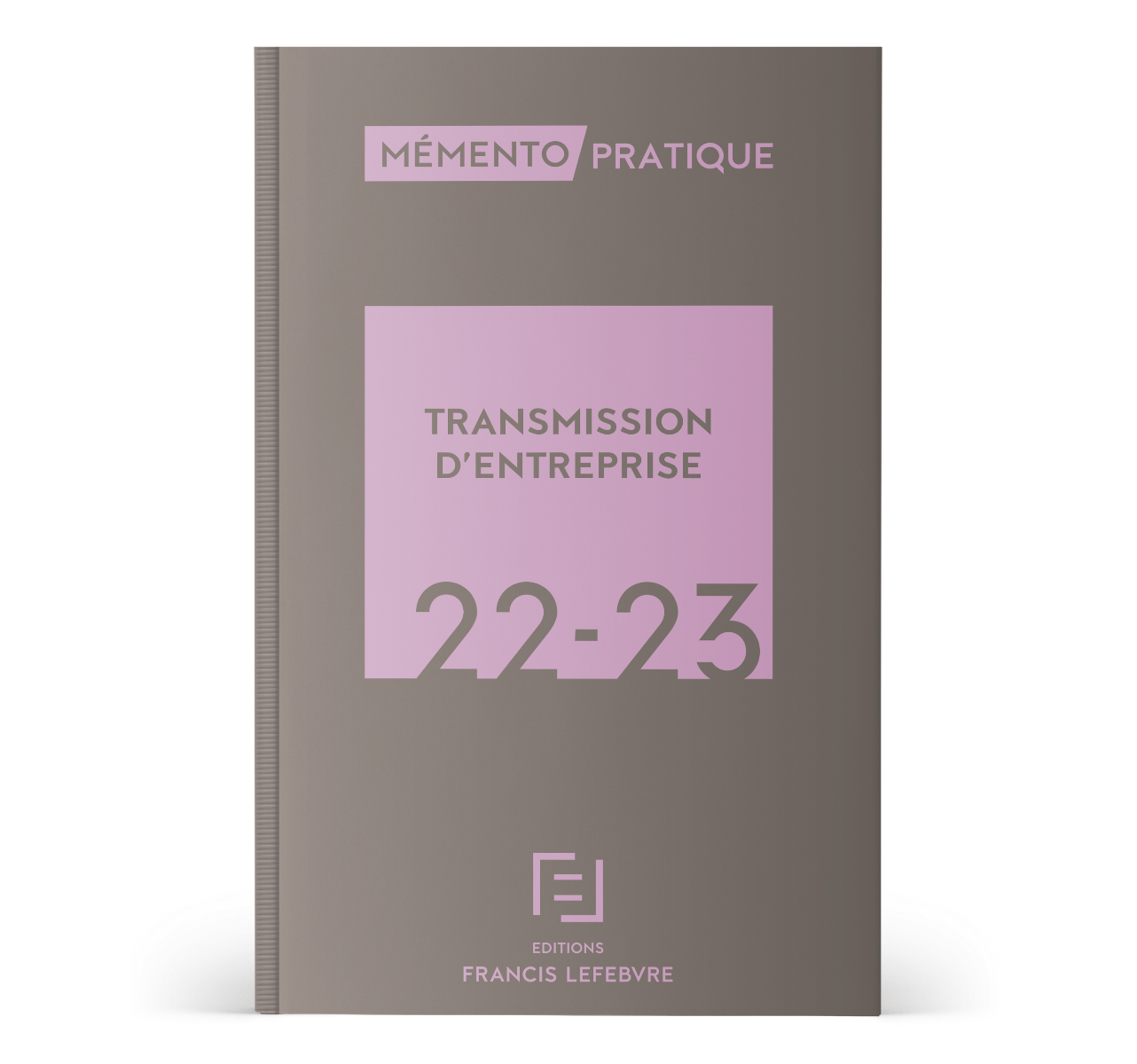The OECD has issued guidance for no-tax and nominal-tax jurisdictions on information exchange regarding the substantial activities factor, one of the requirements of the base erosion and profit-shifting project’s minimum standard on harmful tax practices.
The new guidance, published October 31, provides detailed procedures for information exchange obligations by jurisdictions with no significant corporate income tax. Spontaneous exchange of information concerning compliance with the substantial activities factor was one of the requirements introduced by the OECD’s November 2018 update to action 5 (countering harmful tax practices) of the BEPS project. To address unintended inconsistencies between the treatment of preferential tax regimes and of no-tax or low-tax jurisdictions, the updated minimum standard applies the substantial activities factor in both cases.
“In order to ensure compliance with the substantial activity factor, the [Forum on Harmful Tax Practices] agreed that the identified no and only nominal tax jurisdictions should have a monitoring and enforcement mechanism in place to verify the substance requirements of the entities conducting relevant activities,” the guidance says. “This implies that jurisdictions must collect specific information from the relevant entities in order to identify whether an entity is conducting relevant activities and whether that entity meets the substantial activity requirements as laid out in the standard.”
The guidance provides five different sets of timelines and reporting templates that may apply depending on the quality of the jurisdiction’s monitoring mechanism and the type of compliance risk involved. The different scenarios generally follow the categories cited by the OECD’s 2018 report as situations in which information exchange will be required.
Jurisdictions that qualify as having a “fully equipped monitoring mechanism” would only be required to exchange information in cases that involve verified noncompliance or high-risk intellectual property arrangements. Jurisdictions with a “standard monitoring mechanism” would also be required to report information in other high-risk cases that fall within the scope of the substantial activities requirement, including headquarters, distribution and service centers, financial activities, and holding companies.
Under the timeline set by the guidance, cases of noncompliance must be reported in two batches each year. Noncompliance detected before June 30 must be reported before the end of the same calendar year, while cases identified in the second half of the year must be reported before June 30 of the following year.
High-risk IP and, for countries with a standard monitoring mechanism, all other cases must be reported as soon as possible and no later than 15 months after the end of the period to which the information relates.
Information will be exchanged using a common XML schema through the OECD’s common transmission system, according to the guidance. Under the legal implementation mechanism set out in the guidance, the potential recipients of the exchanged information are the jurisdictions of the immediate parent company, the ultimate parent company, and the beneficial owner of the relevant entity. The exchanged information will be subject to the same confidentiality protections that apply to the exchange of rulings under action 5 or country-by-country reports under action 13.
To be entitled to receive information, each potential recipient jurisdiction will be required to opt in to the exchange process for each low-tax or no-tax jurisdiction through a central coordinating body. Receiving jurisdictions must also notify the low-tax or no-tax jurisdiction of the basis for concluding that the information is foreseeably relevant to the treatment of a taxpayer subject to their taxing jurisdiction. Relevance for purposes of the opt-in must be established for types of entities rather than for specific taxpayers.
“For example, such information may be relevant for the application of domestic [controlled foreign company] rules, for the application of specific defensive measures that depend on substantial activities requirements or the meeting of international standards, or for the application of certain tax reliefs to the extent there are substantial activities,” the guidance says. “This is a general opt-in based on the potential for tax consequences for such an entity type, rather than a specific opt-in in respect of a specific taxpayer. The relevance has to be demonstrated separately for each scenario under the standard and for each recipient jurisdiction in which an entity or person is resident.”
By Ryan FINLEY
Cet article est issu de notre service d'actualité Taxnotes.





